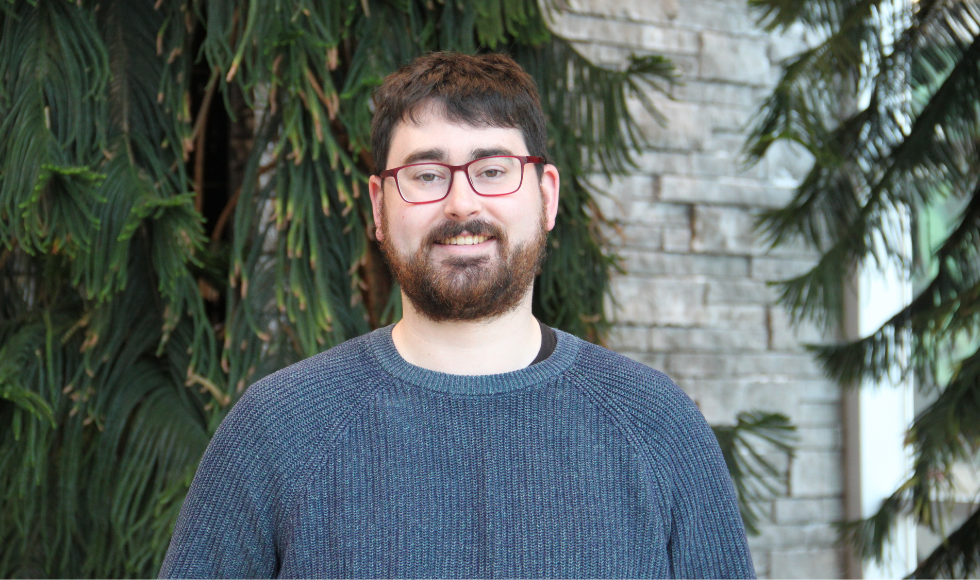McMaster postdoc awarded $160,000 fellowship to study C. difficile transmission

BY Blake Dillon
March 3, 2023
Postdoctoral fellow Sheridan Baker has been awarded a prestigious Mitacs Elevate fellowship with $160,000 in funding to study how C. difficile is asymptomatically transmitted in hospital settings.
The Mitacs Elevate program, which emphasises professional development, facilitates strategic partnerships between academic institutions and industry partners to address complex challenges over two years.
Baker will use his fellowship to work between McMaster and St. Joseph’s Healthcare Hamilton for his cross-disciplinary research.
C. difficile, an intestinal bacterial pathogen, is one of the leading causes of serious hospital-acquired diarrheal infections, Baker explains. While the symptoms of the infection are well known to researchers, Baker is primarily interested in studying asymptomatic spread.
“People who get this infection often have diarrhea and can easily spread it to others that way; however, we believe that asymptomatic transmission of C. diff may actually be more common,” he says.
Baker, who works under Andrew McArthur and Michael Surette at the Michael G. DeGroote Institute for Infectious Disease Research (IIDR) at McMaster, will test this hypothesis with IIDR colleague Marek Smieja in clinical microbiology labs at St. Joe’s.
Here, Baker will conduct whole genome sequencing on C. diff grown from cultured rectal swabs collected in 2018 and 2019. Findings will then be analyzed back at the McArthur Lab at McMaster using bioinformatics approaches to better understand the scope of asymptomatic transmission occurring in Hamilton-area hospitals.
For Baker, who sequenced and reported on thousands of SARS-CoV-2 isolates during the COVID-19 pandemic, the Mitacs Elevate fellowship offers an opportunity to appreciate the clinical applications of his research.
“This fellowship is allowing me to work at the intersect of basic research, translational science, and clinical microbiology, which is really exciting for me,” Baker says.
“Getting exposure to the clinical side of infectious disease and collaborating with clinicians on research that has real implications for patients is particularly interesting.”
Over the course of the fellowship, Baker hopes to develop novel diagnostic methods for detecting C. diff in the absence of symptoms in order to reduce the incidence and burden of the disease.


